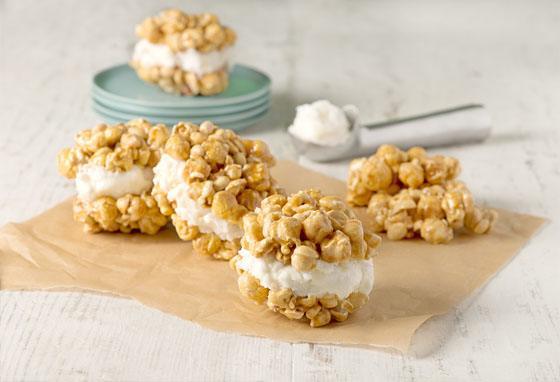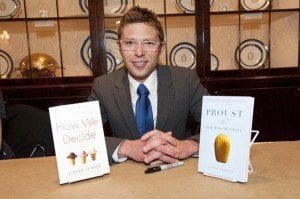
Asking questions at the end of an interview is just as important as answering them. Get your questions right and you’ll reinforce your suitability as a candidate, while discovering if you’re a good fit. Don’t ask questions and you’ll come across as disinterested and unprepared.
Everyone knows a job interview is a two-way process. Of course, the employer wants to know about you. But it’s also an opportunity to find out if the role is right for you. For this reason, it is vital to ask intelligent questions—based on research—when prompted to do so at the end of the interview.
This doesn’t mean asking things like: “What’s it like to work here?” “Do you like working here?” or “What do you usually do for lunch?” These questions are too simplistic and obvious; you want to seem sharper than that. Besides, you can save these questions for if/when you start the new role.
Read on for five questions guaranteed to make you stand out as a candidate.
-
How will my development/performance in this role be measured?
This is, by far, the best question to ask at the end of an interview. Variations include: “What will you do to measure my progress?” or “How will my success be measured, here?”
The reason this is such an important question to ask is because it shows you are really thinking about the role, and what sort of impact you might make in it.
It also demonstrates to the employer you have seriously thought about what you will bring to the table. And it shows you are keen to do well.
-
What are your expectations of someone in the first three months of this role?
Use this question to gain credible insight into if you think you have what it takes to do the role. There’s no point putting yourself through a gruelling recruitment and application process for a job you don’t think you’ll be capable of doing.
This question also shows you are looking to the future and considering the long-term impact of your presence at the company. Employers will see this as an indication of your reliability and work ethic.
-
Ask an industry-relevant question.
Do your research and find something out that has recently affected the industry you are applying to get into, and ask a question about it. For example, a political event—such as Trump’s tariffs on steel and aluminium imports—may lead to changes in the industry. Use this opportunity to ask your interview what they think.
Ask about what changes/challenges the industry is facing, in light of modern trends. This shows you are abreast of what’s going on and makes you look switched on.
-
How can I impress in my first three months here?
You could also ask: ‘What are the key attributes someone in this role needs?’
Asking this question at the end of an interview highlights your commitment to the role and desire to succeed in it. It shows you’re thinking about what’s best for you and for the company. It also highlights you are a team player who wants to positively impact the business.
The answer, here, is just as important as the question; take some notes on what the interviewer says to show you are genuinely engaged.
-
What are the next steps? (If this hasn’t already been made clear.)
Don’t forget, this is also a chance for you to gain some practical information about what you need to do next in the recruitment process.
There may be several stages in the process; use this time to find out more.
General advice
Depending on the type of job you are going for, this will vary. But here are some general pointers.
- Be humble. No one likes a boaster—interviewers and potential employers are no exception. Try to strike the delicate balance between humility and hubris. You want to be confident and enthusiastic, not a show-off or smart aleck.
- Don’t use hyperbole. Try to not exaggerate your claims, as this will make you look amateurish. Avoid saying things like: ‘I have the best CV of all my classmates,’ or ‘My work is always of the utmost quality.’ Not only is this unlikely to be true—the last thing you want is for your interviewer to think you’re lying—but it also makes you look big headed.
- Don’t ask too many questions at the end of interview. The interviewer doesn’t want to feel as though they are being interviewed.
- Take notes. If you take a notebook into the interview with you, use it to note down important points the interviewer mentions about the role. It is especially pertinent to make notes while your interviewer is answering your questions. This is because it shows you are engaged with what he/she is telling you—and you’re not just asking questions for show.
- Go with some ideas. Show the employer you have something fresh to bring to the company.















